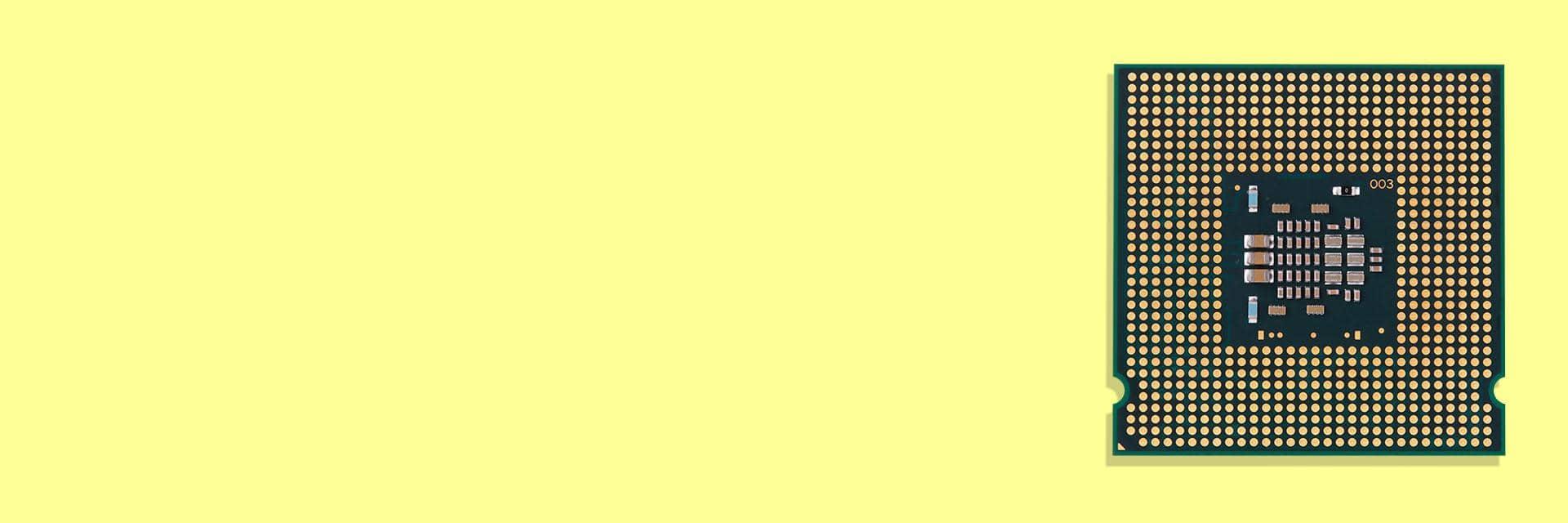To successfully adopt IoT, businesses first need to be clear about what they want to achieve with it – developing a vision is key. This includes mapping out how it interacts with other technologies and its role within a wider digital strategy.

A smarter world
Learn how Connexin is helping organisations create smart places, utilities, logistics and more to improve how people live, work and play.


